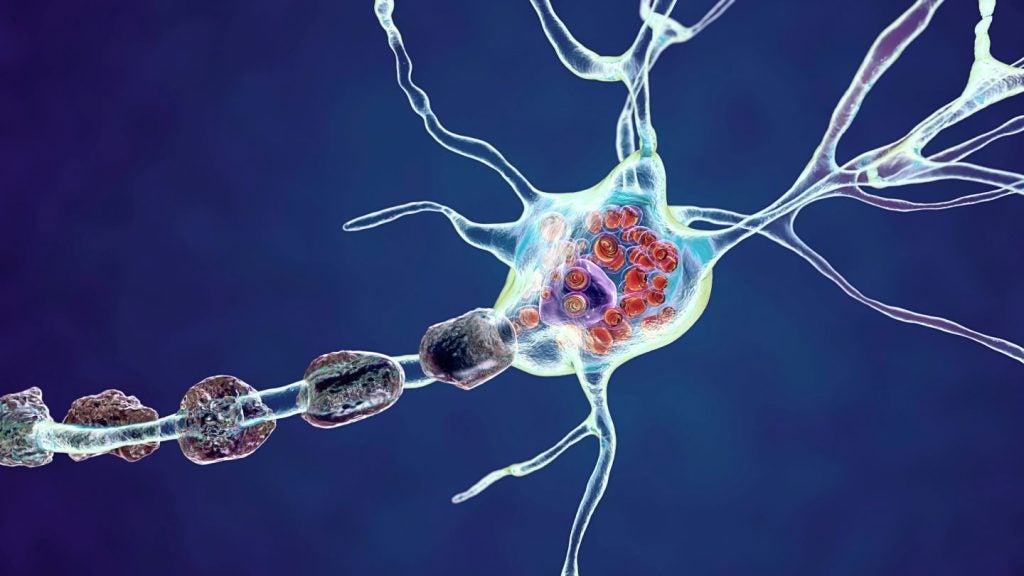Aulos Bioscience plans to transition to the Phase II portion of the ongoing Phase I/II trial investigating AU-007 in advanced or metastatic cancer by early next year, CEO Aron Knickerbocker told Clinical Trials Arena.
The Phase II dose expansion part of the trial will focus on very defined tumour types, as well as lines of therapy and regimens. The US-based immuno-oncology company will focus on participants at a later line of treatment who progressed after receiving checkpoint inhibitors.
Knickerbocker said: “We believe that there is a lot of need for patients whose tumours are not well controlled or ceased to be controlled by the checkpoint inhibitors.”
According to the ClinicalTrials.gov listing (NCT05267626), Aulos plans to look at melanoma and renal cell cancer. The company may also look at Merkel cell carcinoma, non-small cell lung and urothelial cancers.
While Knickerbocker did not share how many participants will be enrolled in the Phase II component, he said that the company anticipates completing enrolment next year. He added that Aulos would size the cohort so it could either rule out or rule in evidence of activity.
The company will provide more clarity on the selected cohort later this week, after presenting clinical safety and efficacy data from the ongoing Phase I dose escalation trial at the Society for Immunotherapy of Cancer (SITC) 38th Annual Meeting.
Phase I trial data
Last month, Aulos presented favourable pharmacodynamic data from the ongoing Phase I dose escalation portion of the trial. AU-007 is being investigated as a monotherapy and in combination with subcutaneous low-dose of Iovance Biotherapeutics’s Proleukin (aldesleukin).
The data demonstrated that AU-007 redirects interleukin-2 (IL-2) from regulatory T cells toward effector T cells and natural killer cells, which can kill tumour cells. Additionally, data showed that AU-007 reduced eosinophils, which can be associated with toxicity in the lungs.
Aulos initiated the Phase I/II trial in mid-2022 with the first sites opened in Australia. By the end of 2022, the US Food and Drug Administration (FDA) accepted Aulos’ investigational new drug (IND) application, and the company started dosing in early 2023. Knickerbocker said that no other countries are participating in this trial.
AI-driven drug discovery
AU-007 is a computationally designed monoclonal antibody that is highly selective to the CD25-binding portion of IL-2. It was created by Biolojic Design and later transferred to Aulos, which is a Biolojic spinoff.
Artificial intelligence is playing an increasingly important role in drug discovery. Earlier this year, Hong Kong-based Insilico Medicine started a Phase II trial with its AI-discovered drug in idiopathic pulmonary fibrosis (IPF).
Recently, Clinical Trials Arena reported on the current state of play of AI and the biotech industry. While AI technology application is increasing, there is still an unfilled talent pool and a regulatory gap.














